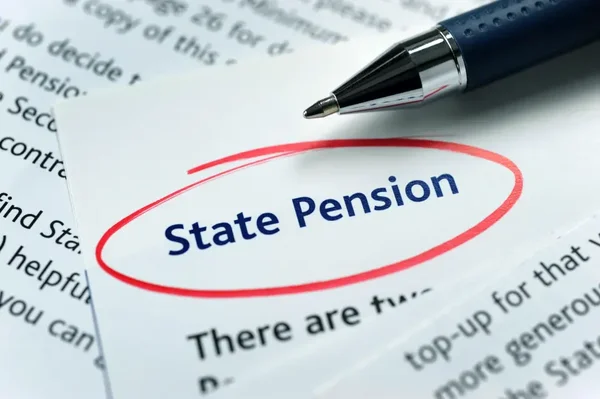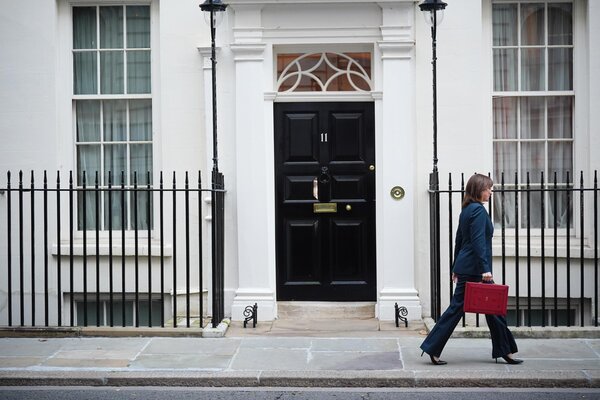Paying less tax legally isn't just possible – it's your right as a UK taxpayer. Tax relief can significantly reduce what you owe to HMRC each year.
Many taxpayers miss out on legitimate reliefs simply because they don't know they exist. Understanding your options could save you hundreds or even thousands of pounds annually.
In this article, we'll cover everything you need to know about claiming tax relief in the UK. We'll explore the different types available and how to claim them successfully.
What exactly is tax relief?
Tax relief is HMRC’s way of reducing how much tax you pay. Think of it as getting money back for certain expenses or circumstances in your life. Tax relief is available for certain payments, such as pension contributions or charitable donations, which can be deducted from your income or claimed back from HMRC.
There are different types available depending on your situation. Some happen automatically when you fill out forms, whilst others need you to claim them separately. Tax relief must be claimed for some eligible payments and expenses.
The amount you save depends on how much you earn and which tax band you’re in. Basic rate taxpayers get 20% relief, whilst higher earners can claim back 40% or even 45%. For some reliefs, such as pension contributions, the amount you can claim is limited to your annual earnings or a set annual allowance.

Which tax reliefs can you claim as an employee?
Your pension contributions are probably your biggest tax saver. Every pound you put into your workplace pension is deducted from your salary before income tax is calculated, a process known as deducting income tax. This reduces your taxable income automatically. Your pension provider may also claim tax relief on your behalf, but you should check if any additional action is needed.
If you work from home, you can claim £6 per week without any paperwork. You may be eligible to claim working from home tax relief, especially if your employer requires you to work remotely. Professional fees like accounting body memberships also count as allowable job expenses that can be claimed to reduce your tax bill.
Union fees and professional subscriptions reduce your tax bill too. Additionally, charitable donations through Gift Aid let you claim back the tax you’ve already paid.
Many employees don’t realise they can claim for work clothing and uniform cleaning costs through HMRC. Furthermore, travel expenses between different work locations are often deductible if properly documented.
What reliefs are available for self-employed individuals?
Business expenses directly reduce how much profit you pay tax on. Self-employed individuals can claim expenses for business-related costs, such as office supplies, travel costs, and phone bills, to reduce their taxable profit if these are genuinely for work purposes.
Equipment purchases often qualify for capital allowances in the same tax year. It’s important to track how much you actually spent on each item to support your claims. These claims must be made in the current tax year to be eligible.
Professional insurance and training courses are usually fully deductible. Pension contributions work the same way as for employees, providing significant tax savings.
A friend of mine saved over £2,000 last year simply by tracking his business mileage properly. Keep good records because HMRC might ask to see your receipts during an investigation. Only expenses paid with your own money (not reimbursed by others) can be claimed.

How do property investors benefit from tax relief?
Mortgage interest on rental properties gets basic rate tax relief. This can represent substantial savings if you have significant borrowing against your properties.
Maintenance and repairs are fully deductible against your rental income. Property management fees and letting agent costs also reduce what you owe to HMRC.
Furnishing costs in rental properties often qualify for capital allowances. Legal fees for buying investment properties may be claimable too, depending on the circumstances.
However, remember that improvements aren't the same as repairs in HMRC's eyes. Additionally, you'll need to distinguish between capital expenditure and revenue expenses for tax purposes.
Are there special reliefs for families and caregivers?
Marriage allowance lets you transfer unused personal allowance to your spouse. This works when one person earns less than £12,570 per year, potentially saving £252 annually. Similar tax reliefs may be available for those in a civil partnership, allowing partners to share allowances based on their income.
Childcare vouchers through your employer can save both income tax and National Insurance. These schemes often involve exchanging part of your wages for childcare benefits, with support provided by the government. Some fertility treatment costs also qualify for tax relief in certain circumstances.
Council tax reductions are available if you care for someone with disabilities. Furthermore, child benefit isn’t taxable unless your income goes over £50,000 per year. Maintenance payments made to a former spouse or civil partner may also qualify for tax relief under certain conditions. The government plays a key role in providing tax relief schemes and financial support for families.

How do you actually claim these tax reliefs?
Many reliefs happen automatically through your tax code or payroll system. Others need you to contact HMRC directly or fill out specific claim forms. In addition to tax reliefs, certain tax credits are available, which can directly reduce your tax bill if you meet the eligibility criteria.
Self-assessment taxpayers can claim most reliefs on their annual return. You can usually backdate claims for up to four years if you missed them previously. If you have overpaid tax in previous years by missing eligible reliefs, you may be able to claim a tax refund from HMRC.
Keep all receipts and records organised in case HMRC asks questions later. Online tools make claiming straightforward for most common situations, saving time and reducing errors.
However, complex situations may require professional advice to ensure you claim everything correctly. Additionally, timing can be crucial for maximising your tax savings across different years.
Making the most of available opportunities
Tax relief represents money that stays in your pocket rather than going to HMRC. Taking time to understand available reliefs pays off year after year through consistent savings.
Start by looking at your current situation and spotting missed opportunities. Furthermore, consider how life changes might create new relief opportunities in future years.
Regular reviews help ensure you're not missing out on substantial savings. Additionally, keeping organised records throughout the year makes claiming reliefs much simpler when deadlines approach.

Getting expert help with your tax affairs
Pie is the UK's first personal tax app, helping working people reduce their tax burdens effectively. It's the only self assessment solution offering integrated bookkeeping, real-time tax calculations, and simplified returns.
The platform also provides expert advice when you need it most. However, complex situations may still benefit from additional professional guidance to maximise your savings.
Ready to make tax relief work for you? Check out how Pie.tax can help you claim everything you're entitled to whilst keeping your tax affairs organised.









